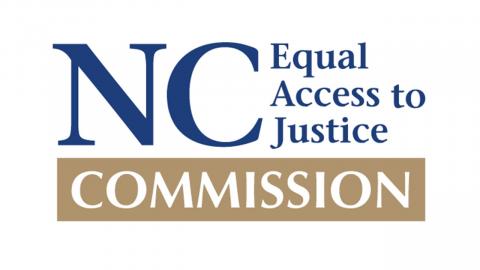North Carolina Equal Access to Justice Commission Releases Statewide Legal Needs Assessment
Article contents

The North Carolina Equal Access to Justice Commission has released the first statewide civil legal needs assessment in almost 20 years.
Whereas the Sixth Amendment guarantees the right to legal counsel to most criminal defendants, there is almost no right to counsel in civil cases in the United States. A large percentage of the population in North Carolina cannot afford the services of a private attorney. Each year, thousands navigate complex civil legal issues such as foreclosure and family law issues without the benefit of representation. The Commission partnered with the Equal Justice Alliance and the University of North Carolina Greensboro's Center for Housing and Community Studies to complete the first comprehensive civil legal needs assessment in nearly two decades. The study provides an overview of the scope of civil legal needs in North Carolina, as well as the factors affecting the depth and type of civil legal problems people experience.
More than 100 bench and bar leaders attended the launch of the Legal Needs Assessment on April 9 at a special Commission meeting chaired by Chief Justice Paul Newby. Dr. Stephen Sills, lead researcher, shared the primary findings of the report, which concluded that there is a severe shortfall in affordable legal resources. Family law, immigration, and housing were the most underserved practice areas. Significant barriers make it difficult for low-income people to gain access to legal services. Costs were cited as a barrier by 91.2% of clients.
“The need for legal services for low-income families is growing, and poverty drives a large percentage of this need,” Dr. Sills noted.
As part of its reporting, the Center for Housing and Community Studies produced socioeconomic profiles for all 100 North Carolina counties as well as story maps to interact with the data.
About the North Carolina Equal Access to Justice Commission
The North Carolina Equal Access to Justice Commission was established in November 2005 by order of the Supreme Court of North Carolina and is chaired by Chief Justice Paul Newby. Its mission is to overcome barriers to justice and empower North Carolinians to meet legal needs through leadership, collaboration and problem-solving.